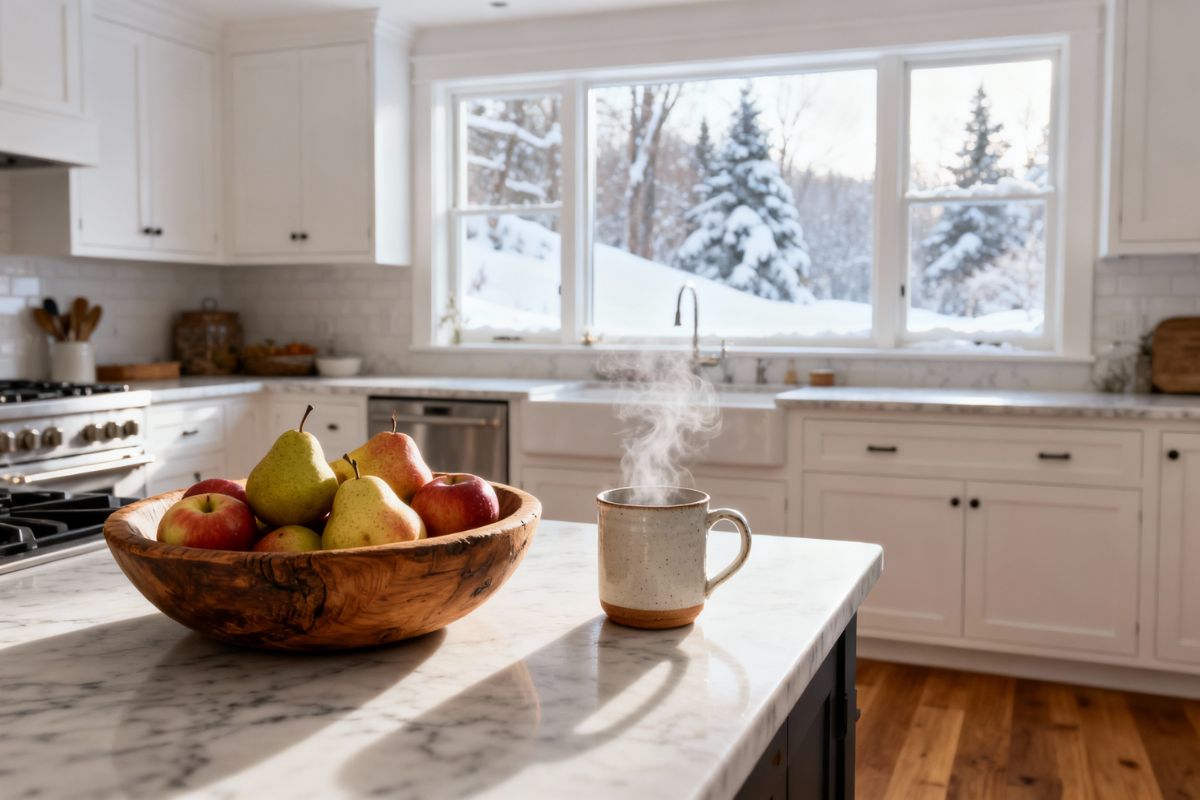5 Tips To Choose The Right Mortgage For Your Situation

Choosing the mortgage that is a good fit for whatever situation you are in can be quite challenging. It all depends on the health of your finances, that is, your credit score, income, credit history, and employment status.
Moreover, except when you are paying for the house in cash, finding the right home is only half the struggle you'll face when you want to buy a home. If you can't pay the price in full with cash, you'll have to search for mortgages to help you purchase your dream home or property.
Furthermore, mortgages aren't loans that can be repaid in a short period; most of them stretch over a long period. So you must find a loan that suits your situation perfectly while taking into account your budget and needs.
In this article, we'll be iterating all the tips you need to choose the mortgage that fits whatever situation you're in.
Evaluate Your Situation
Before you begin to search for mortgage loan options, you must first evaluate your situation and determine which mortgage would fit your circumstances. There are several factors you have to look into when evaluating your circumstances.
First of all, the type of mortgage you choose will depend on the cost of the house you want to buy or simply the home's cost. So you have to determine the location and what type of house you're willing to buy.
Secondly, your credit score, credit history, and how much money you're willing to pay as the down payment will affect how much money you'll get. Also, those with a high credit score and a positive credit history usually get mortgages with lower interest rates.
In addition, once you pay a large sum for your down payment, the amount of interest you have to pay overtime reduces.
Finally, you need to decide how long you want to stay in the home because this might affect the kind of mortgage you pick. Because of this, the adjustable-rate mortgage is not an advisable option if you're planning on staying in the house for a long time.
Determine Your Budget
This is one of the first things you have to consider before you begin the process of applying for a mortgage. Home buying is one of the most important purchases you will ever make in your entire life, so you have to think carefully before embarking on it.
Moreover, most lenders are marketers, and they would love to make money off you through your loan, so sometimes, they might approve a loan that is higher than what you might be able to afford. To counter this, you have to ensure that you determine the housing budget for each month before you apply for the mortgage.
Consider Your Loan Options

Now that you know how much money you can spend on a house(budget) and have evaluated your situation, you can start considering different loan options. When looking at the numerous loan options, there are some things you'll need to note
First, you have to decide how long you'll want to pay off your loan. If you want an extended loan time(20-30years), it means you'll have to make smaller monthly payments, pay extra in interest and pay off your loan at a slower rate.
But with lower loan times(10-15years), your monthly payments are higher, your interest rates are lower, and you can pay off your loan faster. If you want to build equity quickly, a shorter loan is advisable.
Secondly, you have to consider the various types of loans. Each mortgage loan comes with its requirements. You can opt for a conventional loan if you have a very good credit score, a jumbo loan if you're planning to buy a luxury home, an FHA loan if your credit score isn't that good and you want a government-backed loan, and a VA loan if you're a veteran or related to one.
Finally, you have decided how much you're going to pay as your down payment. If you make a payment lower than 20%, there is every probability that you'll get a higher interest rate, and you might be required to take private mortgage insurance. However, if you make a payment of 20% and higher, the lender will be inclined to give you a better and lower interest rate.
Consider The Loan Interest Rates
You have to consider the interest rate of the mortgage you wish to apply for. There are two categories of mortgage interest rates. They are fixed-rate and adjustable-rate mortgages.
To begin with, for fixed rates mortgages, all your monthly mortgage payments are the same all through the loan period. Also, your interest rates remain the same whether the rates fall or rise throughout the loan period.
Furthermore, for adjustable mortgages, your interest rate and monthly mortgage payments don't stay the same through the mortgage period. It might be low initially, but if the interest rate ever fluctuates during the loan period, then your monthly mortgage payments will also fluctuate.
Research and Compare Mortgage Lenders
It is advisable to search for multiple lenders and compare their interest rates before picking a mortgage. Also, you can try asking your acquaintances and family for recommended lenders.
Moreover, having multiple options to choose from will give you leverage when negotiating, and you'll be able to understand and compare all your options.
Furthermore, experienced lenders will advise you on which financing options are most favorable. Getting a mortgage is a huge deal, so you need to be comfortable enough to ask your lender about closing costs, interest rates, and loan options.
Outcome

No matter your situation or circumstance, choosing a mortgage is a really important decision, so you have to do proper research and pick wisely.
Aside from the interest rate, you have to take into consideration each type of mortgage loan, how long it will take you to pay it back, your credit history and score, your housing budget, and the various mortgage lenders.
These tips will help and guide you towards making a great decision when it comes to choosing the right mortgage for your situation or circumstance.






.jpg)


.jpg)